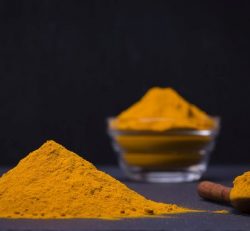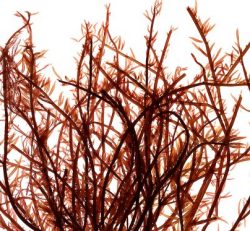NEW ISSUE ALL ABOUT FEED ZOOMS IN ON AFRICA
The new edition of All About Feed magazine is now available to read online. In this issue, we zoom in on the investment possibilities in Africa, feeding fish silage to pigs and how to control heat stress through nutritional strategies.
Africa: potential for agribusiness
Africa is often referred to as a continent with great potential. The sunshine, the central part with its green and wet parts and the enormous land space available. But livestock and agricultural production are still far behind Western countries. At the same time, the demand for food, and in particular animal protein, is rising on a global level, with particular growth in developing areas such as Africa. In Africa, the number of people belonging to the so-called ‘middle class’ is rising and this means that this group of consumers has on average more money to spend for food (mainly meat and eggs) than before. This is already reflected in the number of livestock farms built over the years and the arrival of Western fast food chains like KFC (seen in Ghana, Côte d’Ivoire and Senegal (soon) amongst others) and supermarket chains like Carrefour (opening soon in 8 countries in Western Africa and Kenya). Xavier Cadiou, Founder at Agri Reseaux International in France delved into this. The article can be found on page 18 of this issue.
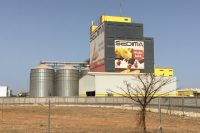
Article: Africa: Growth and challenges in feed sector – Established in 1976 with only 120 chicks, Sedima, based in Senegal, has seen many improvements and investments over the years. Photo: Xavier Cadiou
Feeding fish silage to pigs
Correspondent Matthew Wedzerai wrote an article for All About Feed looking at an interesting by-product for pigs. According to previous studies, the ever-increasing consumption of animal products demands enormous resources; there is a risk of animal feed resources becoming scarce due to the ongoing climatic changes, and food-feed-fuel competition. Besides the high costs of conventional feed resources such as soybean meal and fishmeal, the future availability of these resources might also be limited. This calls for the feed industry to shift its attention towards possible alternatives. A potential source of protein, fish silage – is easy to make, economical, and reduces environmental problems of dumping. It has a considerably high nutritional value in pig diets.
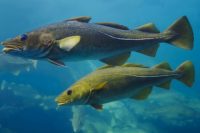
Article: Nutritional value of fish silage in pigs – Cod could be one of the sources of fish silage for use in pigs. Photo: Dreamstime.com
Heat stress: proper nutrition can help
Under high ambient temperature and high stocking densities, it becomes increasingly difficult for birds to lose heat by conduction or convection. A lot of heat can, however, be dissipated by evaporation, i.e. the change of liquid water to vapour. Because poultry lack sweat glands, such reaction does not occur on the skin of birds but in the lungs. Hence, respiratory evaporation is a major heat loss mechanism in poultry upon heat stress situations. Nutritional solutions can help poultry to cope with heat stress. Such strategies have a twofold objective. First, to reduce diet induced thermogenesis by selecting nutrients having a low heat increment. Secondly, to provide birds with specific bioactive nutrients that correct the physiological dysfunctions associated with heat stress (e.g. oxidative stress or leaky gut). Read more about the control of heat stress in poultry on page 37 of this issue.
Article: Nutritional strategies to target heat stress – Under high ambient temperature and high stocking densities, it becomes increasingly difficult for birds to lose heat by conduction or convection. Photo: Ronald Hissink
Also in this issue:
- Insects: 3 good compounds for animals
- Review of the Fresenius Feed Conference
- Mycotoxin binding: a review
- Underutilised ingredients for ruminants
- Preview VIV Europe 2018
- US research to focus on enriched eggs
- Review Biomin conference on antibiotic free layers
- Can pig viruses survive in feed transport?
Emmy Koeleman
Editor: All About Feed & Dairy Global
Source: www.allaboutfeed.net


